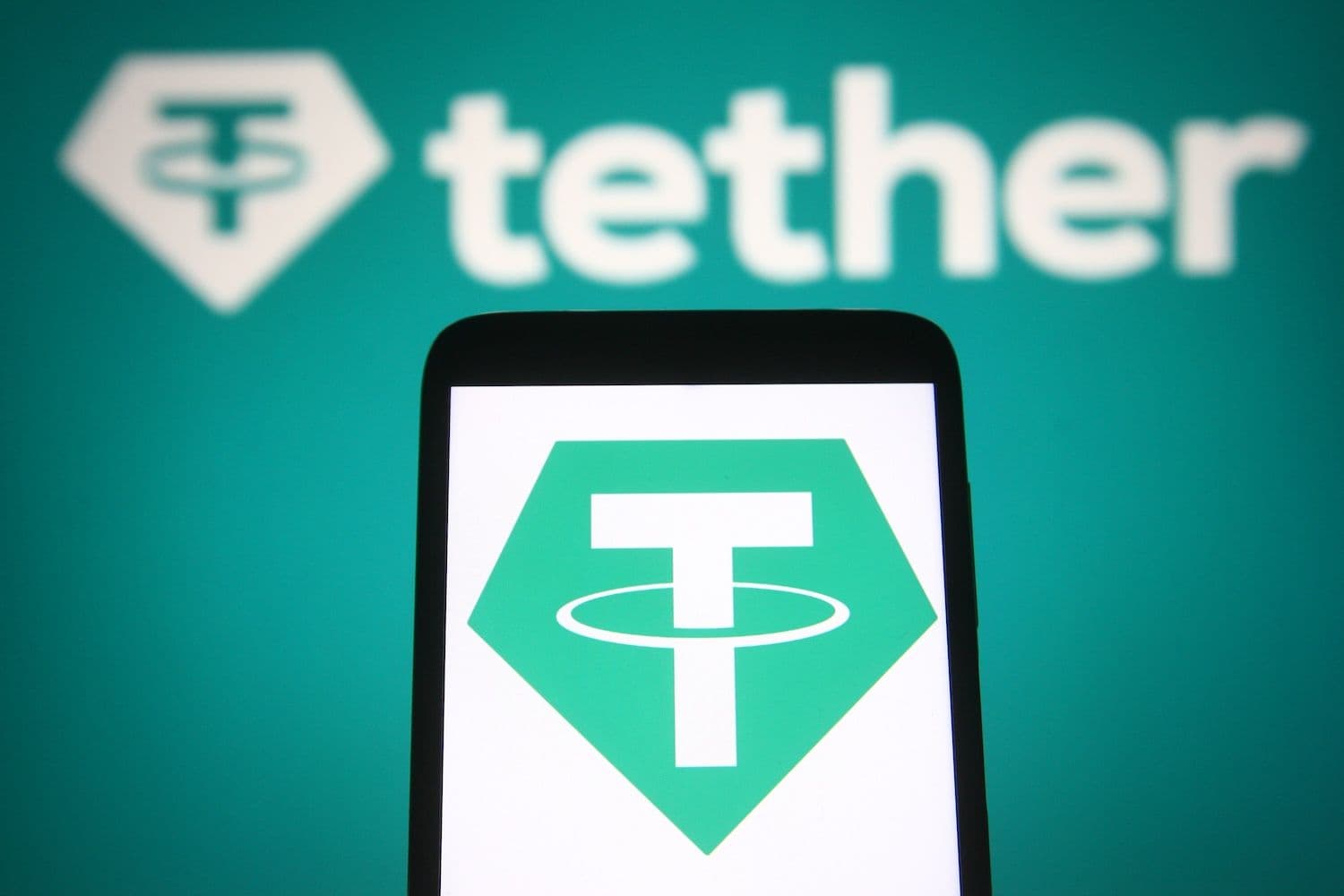Tether, the $151 billion stablecoin giant, has overtaken Germany in United States Treasury bill holdings, demonstrating the strength of its diversified reserve strategy amid cryptocurrency market fluctuations. The company now holds more than $120 billion in Treasury bills, positioning it as the 19th largest entity among countries in T-bill investments, according to data from the US Department of the Treasury and Tether's first-quarter attestation report for 2025.
What to Know:
- Tether has surpassed Germany's $111.4 billion in US Treasury holdings, becoming the 19th largest holder among countries
- During 2024, Tether was the seventh-largest buyer of US Treasurys, outpacing Canada, Taiwan, Mexico, and other nations
- The company reported over $1 billion in operating profit from "traditional investments" in Q1 2025
Strategic Reserve Management Pays Dividends
Tether's growing Treasury portfolio represents a significant shift in how cryptocurrency companies manage reserves. The firm's attestation report highlighted this achievement as reinforcing "the company's conservative reserve management strategy" while also showcasing "Tether's growing role in distributing dollar-denominated liquidity at scale."
Treasury bills, debt securities issued by the US government, are widely considered among the safest and most liquid investments available globally. For Tether, these investments serve as additional reserve assets backing its dollar-pegged stablecoin, USDT.
The company's ascent in Treasury holdings has been remarkably swift. During 2024 alone, Tether ranked as the seventh-largest buyer of US Treasurys across all countries, surpassing established nations including Canada, Taiwan, Mexico, Norway, and Hong Kong, according to March 2025 reporting by Cointelegraph.
This strategic positioning comes at a time when traditional finance and cryptocurrency markets continue to converge. Central banks worldwide are also exploring new technologies, with several institutions currently testing smart contract toolkits under the Bank for International Settlements' Project Pine.
Weathering Market Volatility While Awaiting Regulatory Clarity
Tether's traditional reserve assets proved invaluable during the first quarter of 2025, helping the company navigate downside volatility in cryptocurrency markets. According to its attestation report, the firm generated over $1 billion in operating profit from "traditional investments" during this period, "driven by solid performance in its US Treasury portfolio, while the performance of Gold has almost offset the volatility in crypto markets."
The stablecoin industry currently awaits progress on two key pieces of legislation that could significantly impact future growth. The Stablecoin Transparency and Accountability for a Better Ledger Economy (STABLE) Act has passed the House Financial Services Committee in a 32-17 vote on April 2 and now awaits scheduling for debate and a floor vote in the House of Representatives.
However, regulatory progress hasn't been uniform. The Guiding and Establishing National Innovation for US Stablecoins, or GENIUS Act, stalled on May 8 after failing to secure support from key Democrats.
Some lawmakers expressed concerns regarding US President Donald Trump's potential financial interest in clearer cryptocurrency regulations, citing his family's digital asset ventures as a possible conflict of interest.
The industry continues to advocate for regulatory clarity. On May 14, at least 60 top cryptocurrency founders gathered in Washington, D.C., to support the GENIUS Act. This proposed legislation aims to establish collateralization guidelines for stablecoin issuers while requiring full compliance with Anti-Money Laundering laws.
Paolo Ardoino, Tether's CEO, has previously noted challenges facing the company, suggesting that competitors and politicians intend to "kill Tether." Despite these obstacles, the firm's growing Treasury holdings demonstrate its resilience and strategic foresight in an evolving regulatory landscape.
Closing Thoughts
As regulatory frameworks develop, Tether's position in the Treasury market appears increasingly significant. The company's growing influence in both cryptocurrency and traditional financial markets highlights the evolving relationship between digital assets and conventional investment strategies. With continued clarity around US stablecoin regulations, Tether may further strengthen its Treasury reserves, cementing its role as a major player in global financial markets.



